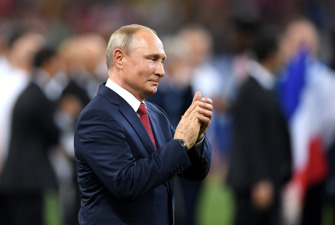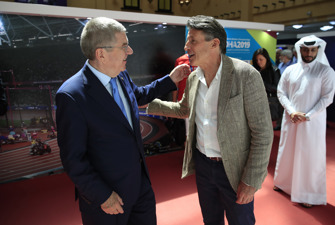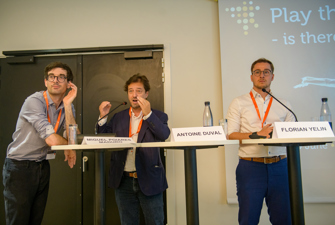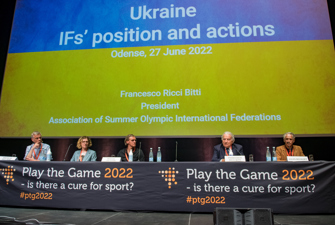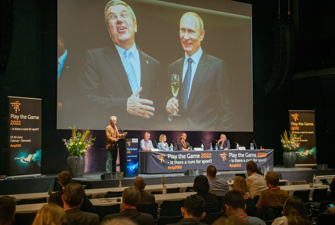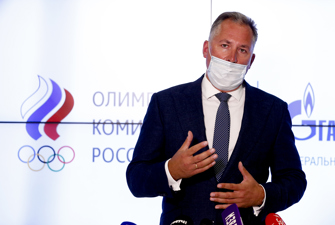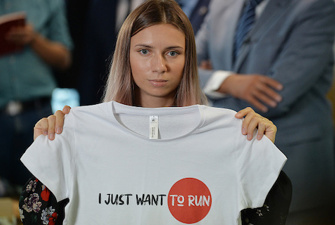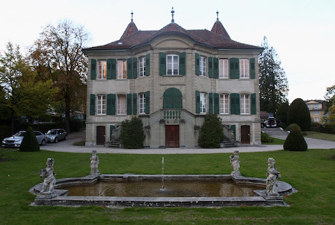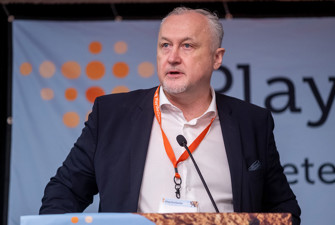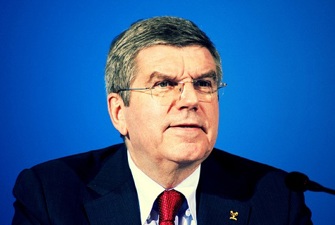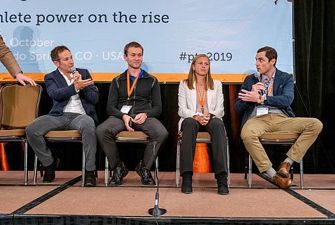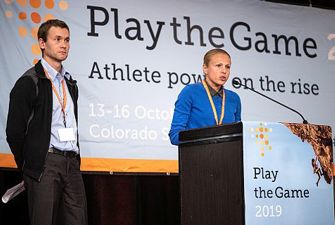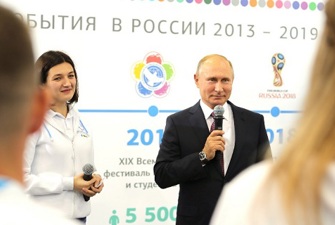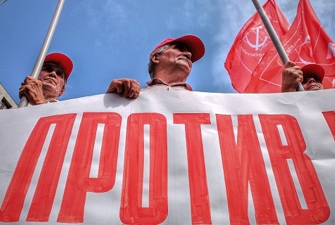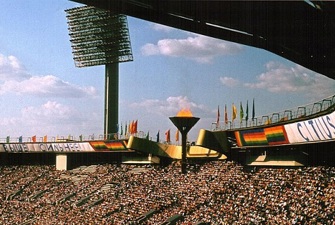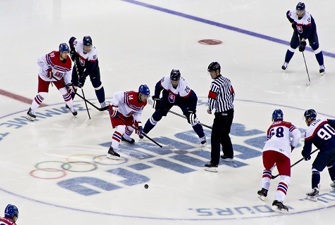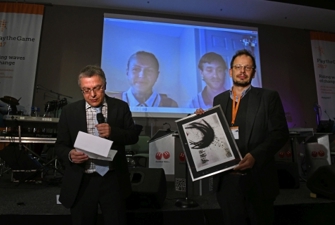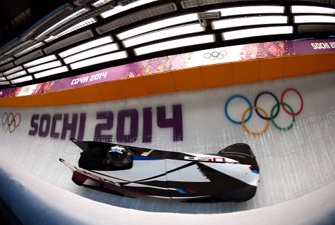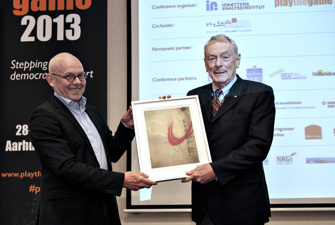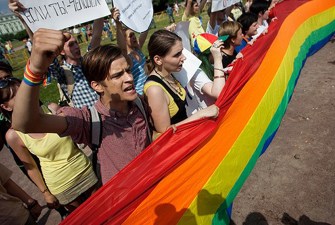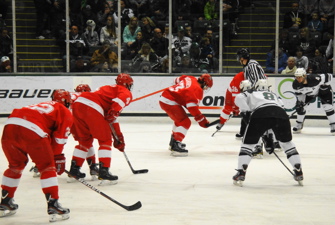CAS on Russia: WADA won the battle, but lost the power to push victory through
OPINION: The wounds in the international anti-doping community are unlikely to be healed after the Court of Arbitration for Sport put a legal end to six years of the Russian-international doping scandal. Was CAS under influence of the IOC, or is sports law not strong enough yet?
Opinions on playthegame.org reflect the views of the author(s).
Although the World Anti-Doping Agency (WADA) claimed victory immediately after the Court of Arbitration for Sport (CAS) assessed WADA’s sanctions against the Russian Anti-Doping Agency (RUSADA), it is probably the Russian government and the country’s Olympic officials that had the strongest urge to make an extra vodka toast on Thursday 17 December.
CAS did indeed confirm that the Russian authorities had manipulated the doping results stored in the database of Moscow’s anti-doping laboratory. But the sanctions WADA decided against Russia in December 2019 – which back then were criticized for being too lenient – were watered further down by sport’s highest court in its recent decision.
One of the few elements on WADA’s list of sanctions that remained intact in the ruling of CAS, is that Russian athletes cannot display their flag or any other national symbols, nor play or sing the Russian anthem at the Tokyo 2020 Summer Olympics, the Beijing 2022 Winter Olympics, and any World Championships over the next two years.
Also important is the decision that Russia cannot host or be awarded any World Championships or Olympic Games while the sanctions are in place. However, Russia can keep already awarded events if it is “legally or practically” impossible to move them.
Overall, the intervention of CAS has lessened the impact of the sanctions agreed by WADA significantly and made life much easier for Russian athletes, officials and government representatives
Here is a quick run-through of how WADA may have won a victory in substance, but lost much of its power to push its victory through
- The effect of all the following sanctions, except the fines and compensations RUSADA must pay, have been reduced by half as CAS has cut the proposed period of sanctions from four to two years.
- Hence there are two years less in which Russia is banned from hosting or acquiring the right to host events. This means Russia can carry on with the Ice Hockey World Championships and the World University Games, both set for 2023.
- Also, CAS has reduced the category of sports events covered by sanctions. According to WADA, sanctions should cover all events organised by international sports federations. CAS says sanctions will only apply to World Championships and the Olympic Games (winter and summer). . Youth Olympics are no longer covered.
- It was the express wish of WADA that Russia should not be able to apply for the 2032 Olympics and Paralympics, something which CAS has overturned. It is now very likely St. Petersburg, Moscow or Sochi will come up as a contender.
- As WADA requested, CAS says Russian government officials cannot hold positions in international sports federations, nor can they take part in all sport events. But government officials can carry on if they have functions in the IOC or IPC. The can appear as “athlete support personnel”. And they can attend sports events, if they are invited by a Head of State or the Prime Minister of a host country. This immediately raises a delicate question for the Japanese and Chinese heads of state: Will they dare not to invite the Russian President Vladimir Putin and his government for the Opening Ceremonies of Tokyo 2020 and Beijing 2022?
- WADA banned all leading officials from the Russian Olympic and Paralympic Committee from taking part in all major events. CAS cancels all WADA’s sanctions against these leaders.
- Last, but not least, CAS has eased restrictions for Russian athletes and so-called ‘support personnel’. WADA wanted to allow only those athletes to compete who “are not mentioned in incriminating circumstances in the McLaren reports, there are no positive findings reported for them in the database and no data relating to their samples has been manipulated, and that they have been subject to adequate in-competition and out-of-competition testing prior to the event in question”.
- Instead, CAS allows “any athlete or athlete support personnel” to take part as long as they are not “subject to suspension, restriction, condition or exclusion imposed by a competent authority”.
- The only way WADA can ban athletes whom they suspect of doping as mentioned above, is to cooperate with RUSADA in the hope that the Russian anti-doping body will help investigate in the way that CAS demands. However, given the track record of RUSADA, this may become a very difficult cooperation.
- On top of these sanctions, CAS forces RUSADA to pay fines and compensations to the tune of to a couple of million US dollars. That will probably be the least of Russia’s headaches.
A legal end, but debate goes on
Russia can still appeal the decision of CAS at the Swiss Federal Court, but only for procedural mistakes.
It is more likely that the decision by CAS will put an end to the legal procedures that have been developing since the whistleblowers Yuliya and Vitaly Stepanov started revealing systemic Russian doping and blackmailing in December 2014, in cooperation with the German investigative journalist Hajo Seppelt and the broadcaster ARD.
The story kept growing to proportions very few had imagined, thanks to the revelations of Grigory Rodchenkov, the former head of the Moscow Anti-Doping Laboratory, who documented the involvement of Russian intelligence services in manipulation of doping tests during the 2014 Sochi Olympics.
But the CAS decision will not put an end to the controversy. Instead of uniting the international anti-doping community, the series of scandals have caused deep rifts for a number of reasons.
Russia has consistently denied any wrongdoing - with one exception. Fresh winds seemed to start blowing when RUSADA got a new director, Yuriy Ganus, in 2017. With increasing fervour, Ganus spoke publicly about systemic flaws in Russian sport and anti-doping, for instance at the Play the Game 2019 conference in Colorado Springs.
But Ganus was fired in August 2020 over allegations that he had spent too many RUSADA funds on taxis. Whether this was the real reason, or it was his outspokenness and reluctance to appeal WADA’s sanctions that led to his departure remains an open question.
Despite the overwhelming evidence, Russia’s denials have been met with some understanding at the Olympic headquarters in Lausanne.
The lack of willingness of the IOC to take any measures against Russia at the Rio 2016 Summer Olympics and the introduction of relatively soft measures at the Pyeongchang 2018 Winter Olympics has caused outrage amongst athlete groups and a wide group of anti-doping officials.
The IOC has also put pressure on WADA to soften its approach to Russia. The global anti-doping rules have been undeniably strengthened since 2016. But many suspects that even if the rules are strengthened, they may never be fully applied, and CAS’s decision serves to strengthen that suspicion.
Suspicions of IOC influence
CAS is, at the end of the day, the property of the IOC and even if many of its decisions are well-respected, its credibility comes into play when it makes decisions that are of strategic importance to the IOC.
It seems CAS itself tries to repair any damage to its reputation in its press release when it writes that it did not weaken WADA’s sanctions
“as any validation of the conduct of RUSADA or the Russian authorities. In making its orders, the Panel is limited by the powers granted under the applicable law, in particular the WADC and the ISCCS. It has considered matters of proportionality and, in particular, the need to effect cultural change and encourage the next generation of Russian athletes to participate in clean international sport.”
It is no surprise that legal experts refer to ‘applicable law’, and it may be that existing sports law is simply not good enough. Hopefully CAS will decide to publish the full 186-page award, so the public can know the reason for its decision.
It does already draw some attention, though, that the arbitrators refer to “proportionality” as a reason for watering down sanctions for doping offenses that most stakeholders have found to be of unprecedented proportions.
And it is a mystery that CAS cites “the need to effect cultural change and encourage the next generation of Russian athletes to participate in clean international sport”. From where CAS, a legal institution, suddenly get a mandate to take care of cultural and educational goals?
Is this an admission that the law in fact did allow CAS to make a much stricter verdict, but gave in to political considerations?
A Russian Armstrong Act?
Some have given up hope that WADA and CAS will be reformed any time soon, for instance USADA, the U.S. Anti-Doping Agency. Its CEO Travis Tygart has been a loud critic of WADA in recent years, and USADA has recently inspired the U.S. Congress to make its own stricter legislation for international anti-doping. Roughly spoken, the recently passed “Rodchenkov Act” gives U.S. authorities a mandate to prosecute persons and institutions who are part of doping schemes that harm U.S. athletes, also outside the USA.
This forceful initiative creates new dilemmas for international anti-doping – especially if other sporting superpowers follow the U.S. example and make their own extraterritorial laws. What would happen if Russia, encouraged by CAS’ decision, introduces a “Lance Armstrong Act” that allows Russian authorities to prosecute anyone involved in doping offenses against Russians anywhere in the world?
21 years after its creation, WADA’s very existence as a global regulator of anti-doping is under threat.
With international anti-doping consumed by wars on many fronts between its protagonists, those who continue to organise doping in top sport may also take another drink to celebrate the CAS decision.
Since 2018, alcohol is no longer on the prohibited list.






